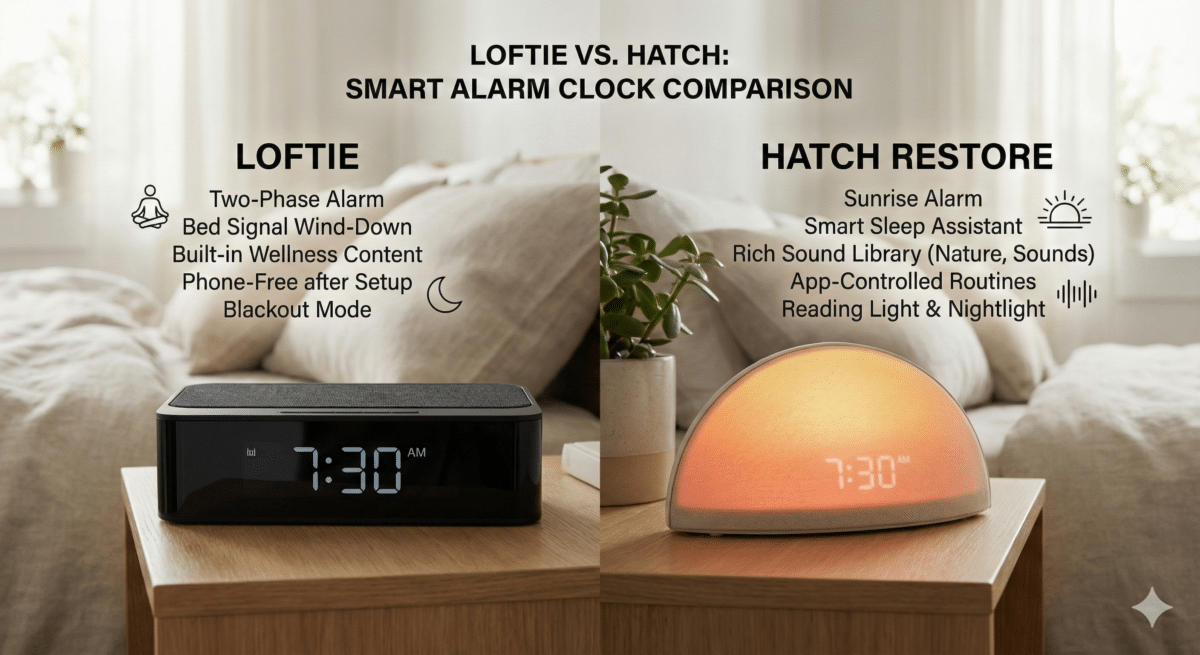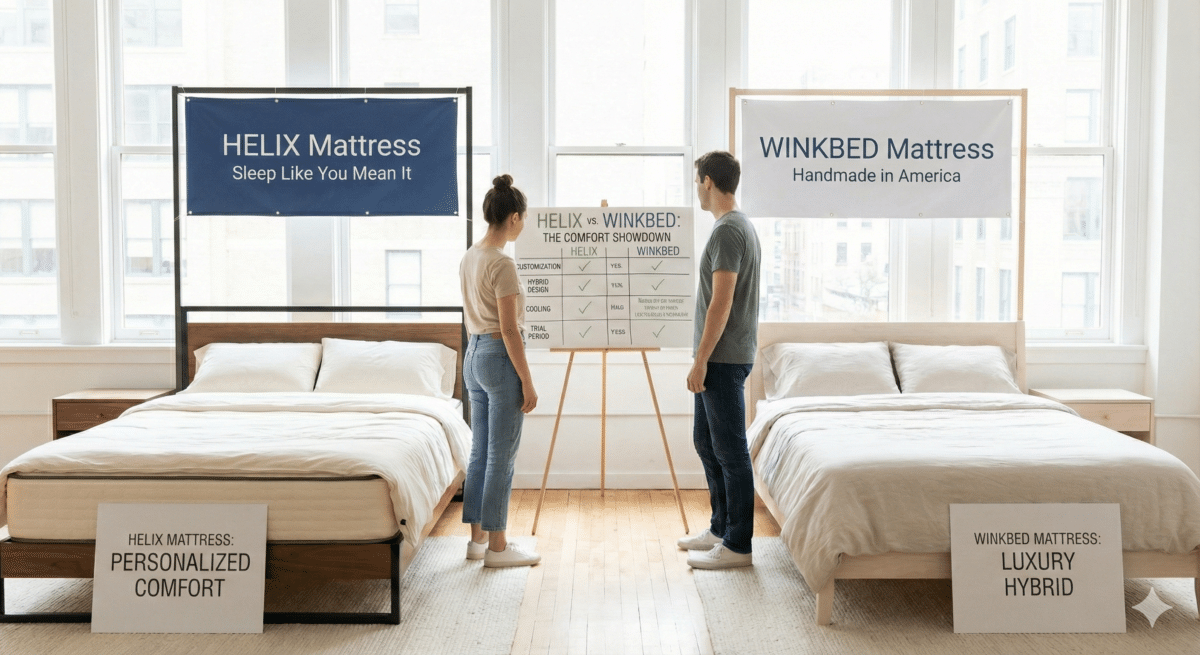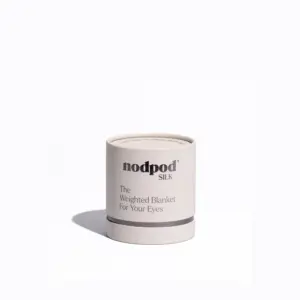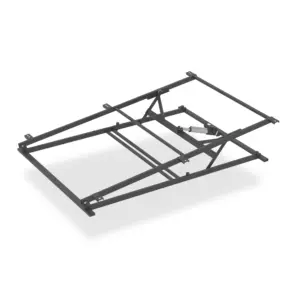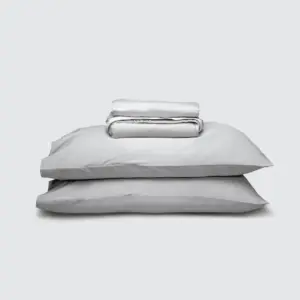Restless Leg Syndrome Quiz: How to Check Your Symptoms
Understanding Restless Leg Syndrome
Have you ever experienced an uncomfortable sensation in your legs, especially at night, that makes you feel the urge to move them for relief? If so, you may be dealing with Restless Leg Syndrome (RLS). Taking a restless leg syndrome quiz can be your first step toward understanding if you have this common yet often misunderstood condition.
Key Points of the Quiz
– Symptoms to Evaluate: Focus on uncontrollable urges to move your legs, uncomfortable feelings during the night, temporary relief through movement, and disrupted sleep.
– What’s Involved: The quiz is a brief, 3-minute self-assessment tailored to your symptoms.
– Treatment Options: Explore lifestyle modifications, medications, and home therapies.
RLS, also known as Willis-Ekbom disease, leads to an overwhelming desire to move your legs when you’re resting or trying to sleep. Individuals experiencing RLS often describe sensations that feel like crawling, throbbing, or electric shocks, which are temporarily alleviated by movement.
What is Restless Leg Syndrome (RLS)?
RLS is a neurological disorder characterized by an irresistible urge to move your legs, usually triggered by uncomfortable sensations. This condition is most prevalent in the evenings and at night, making restful sleep difficult. The discomfort can be described using various terms:
– Crawling
– Creeping
– Pulling
– Throbbing
– Aching
– Itching
– Electric
Dr. Benjamin Kummer, a neurologist at the Icahn School of Medicine, emphasizes that the discomfort feels deeply embedded within the legs rather than merely on the skin, leading to the compelling urge to move.
The Impact of RLS on Daily Life
Symptoms often worsen at night, severely disrupting sleep and resulting in daytime fatigue that can affect your overall quality of life. Many individuals find it challenging to sit still for extended periods, making activities like watching a movie or flying on an airplane particularly daunting.
Consider the story of Sarah, a 45-year-old teacher who described her RLS symptoms as feeling like “ants crawling inside her legs.” After consulting a neurologist, she learned that her symptoms matched classic RLS characteristics. With a new treatment plan combining lifestyle changes and medication, Sarah has found relief and improved her daily functioning.
Symptoms of Restless Leg Syndrome
Identifying symptoms is crucial to managing RLS effectively. Here’s a detailed look at the common indicators:
Uncomfortable Sensations
Those with RLS often describe feelings as uncomfortable and hard to articulate, which can include:
– Crawling
– Creeping
– Pulling
– Throbbing
– Aching
– Itching
– Electric
These sensations are usually felt deep within the legs, triggering the irresistible urge to move.
Relief Through Movement
One of the most notable features of RLS is the temporary relief that movement provides. Activities like stretching, pacing, or even walking can alleviate discomfort, albeit briefly.
Worsening Symptoms at Night
RLS symptoms typically escalate during the evening or nighttime, complicating sleep and leading to daytime fatigue.
Taking the Restless Leg Syndrome Quiz
How to Take the Quiz
The restless leg syndrome quiz is a straightforward self-assessment that offers valuable insights. Here’s how to proceed:
1. Visit the Quiz Page: Head over to the Yawnder website where the quiz is hosted.
2. Read Each Statement: Review a series of true/false statements related to RLS symptoms.
3. Select Your Answers: Indicate true if the statement applies to you and false if it doesn’t.
4. Submit: Click the green results arrow at the quiz’s conclusion to view your results instantly.
Keep in mind that this quiz serves informational purposes and is not a diagnostic tool. For a professional evaluation, consult a healthcare provider.
Identifying Symptoms with Quiz Questions
The quiz will present various statements to help identify RLS symptoms. Here are sample questions:
– Jerking During Sleep: I have noticed that parts of my body jerk during sleep.
– Aching or Crawling Sensations: I experience an aching or crawling sensation in my legs when trying to sleep.
– Leg Pain or Cramps: I have leg pain or cramps at night.
– Need to Move Legs: I can’t keep my legs still at night; I must move them to feel comfortable.
Answering these questions honestly can help reveal if your symptoms align with those of RLS.
Causes and Risk Factors of Restless Leg Syndrome
Understanding the underlying causes and risk factors can aid in better managing RLS:
– Dopamine Imbalance: Low levels of dopamine, a neurotransmitter regulating muscle movement, often trigger symptoms.
– Heredity: RLS often runs in families; if a family member has it, you might be at higher risk.
– Pregnancy: Hormonal changes during pregnancy, particularly in the third trimester, can exacerbate symptoms.
– Peripheral Neuropathy: Nerve damage can lead to RLS symptoms, commonly seen in conditions like diabetes.
– Iron Deficiency: Low iron levels can worsen or contribute to RLS, affecting dopamine production.
– Kidney Failure: Impaired kidney function can lead to iron deficiency and anemia, further complicating RLS.
– Spinal Cord Conditions: Damage to the spinal cord can disrupt nerve signals related to leg movement.
– Parkinson’s Disease: Individuals with Parkinson’s often experience RLS symptoms alongside low dopamine levels.
Treatment Options for Restless Leg Syndrome
Managing RLS typically involves a combination of lifestyle changes and medications. Here’s a closer look at available treatments:
Medications
– Dopaminergic Agonists: These medications normalize dopamine levels in the brain to alleviate symptoms. Usage must be monitored to avoid potential aggravation of symptoms.
– Benzodiazepines: Drugs like clonazepam can improve sleep but may lead to dependency.
– Hypnotics: Medications like Zolpidem can help in severe cases, but caution is advised due to addiction risks.
– Iron Supplements: Effective for those with low iron levels, sometimes requiring infusions.
Lifestyle Changes
– Leg Massages: A gentle massage can temporarily relieve uncomfortable sensations.
– Walking and Stretching: Physical movement can reduce symptoms.
– Avoiding Triggers: Limit caffeine and alcohol intake to lessen symptoms.
– Managing Underlying Conditions: Addressing conditions like diabetes or kidney disease can improve RLS.
– At-Home Remedies: Consider warm baths or heating pads for soothing relief.
Frequently Asked Questions about Restless Leg Syndrome
What is mistaken for RLS? Anxiety and depression can mimic RLS symptoms, as can certain medications like SSRIs.
What vitamins are linked to RLS? Deficiencies in vitamins B, C, D, and E can contribute to RLS. Each plays a role in nerve function, iron absorption, or cellular health.
What drinks can help RLS? Tonic water, known for its quinine content, may ease muscle cramps but should be used cautiously and consulted with a healthcare provider.
Conclusion
At Yawnder, we recognize the disruptive nature of Restless Leg Syndrome (RLS) and are dedicated to enhancing your sleep quality. With expert evaluations and tailored sleep products, we assist you in managing RLS symptoms effectively. Whether you seek personalized recommendations or guided sleep programs, we aim to simplify your path to restful nights.
Better sleep is not just a dream—it’s attainable. By leveraging our resources and expertise, you can take control of your RLS and transform your sleep experience. Ready to take the next step? Visit our sleep study page today and begin your journey toward improved sleep quality.


